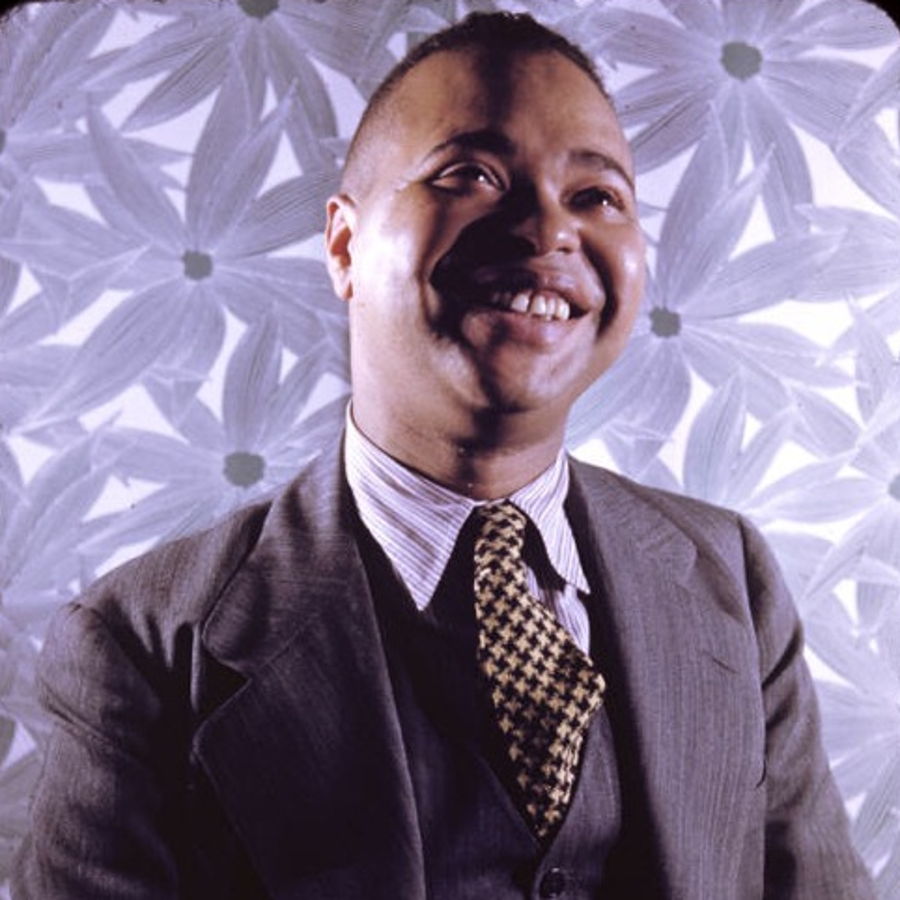My father is a quiet man
With sober, steady ways;
For simile, a folded fan;
His nights are like his days.
My mother's life is puritan,
No hint of cavalier,
A pool so calm you're sure it can
Have little depth to fear.
And yet my father's eyes can boast
How full his life has been;
There haunts them yet the languid ghost
Of some still sacred sin.
And though my mother chants of God,
And of the mystic river,
I've seen a bit of checkered sod
Set all her flesh aquiver.
Why should he deem it pure mischance
A son of his is fain
To do a naked tribal dance
Each time he hears the rain?
Why should she think it devil's art
That all my songs should be
Of love and lovers, broken heart,
And wild sweet agony?
Who plants a seed begets a bud,
Extract of that same root;
Why marvel at the hectic blood
That flushes this wild fruit?
Published:
1924
Length:
Regular
Literary Movements:
Harlem Renaissance
Anthology Years:
2021
Themes:
Family
Literary Devices:
Alliteration
the repetition of the same letter or sound at the beginning of words appearing in succession
End Rhyme
when a poem has lines ending with words that sound the same
Metaphor
a comparison between two unrelated things through a shared characteristic
Paradox
a situation that seems to contradict itself
Rhyme
correspondence of sound between words or the endings of words, especially when these are used at the ends of lines of poetry
Simile
a comparison between two unlike things using the words “like” or “as”

